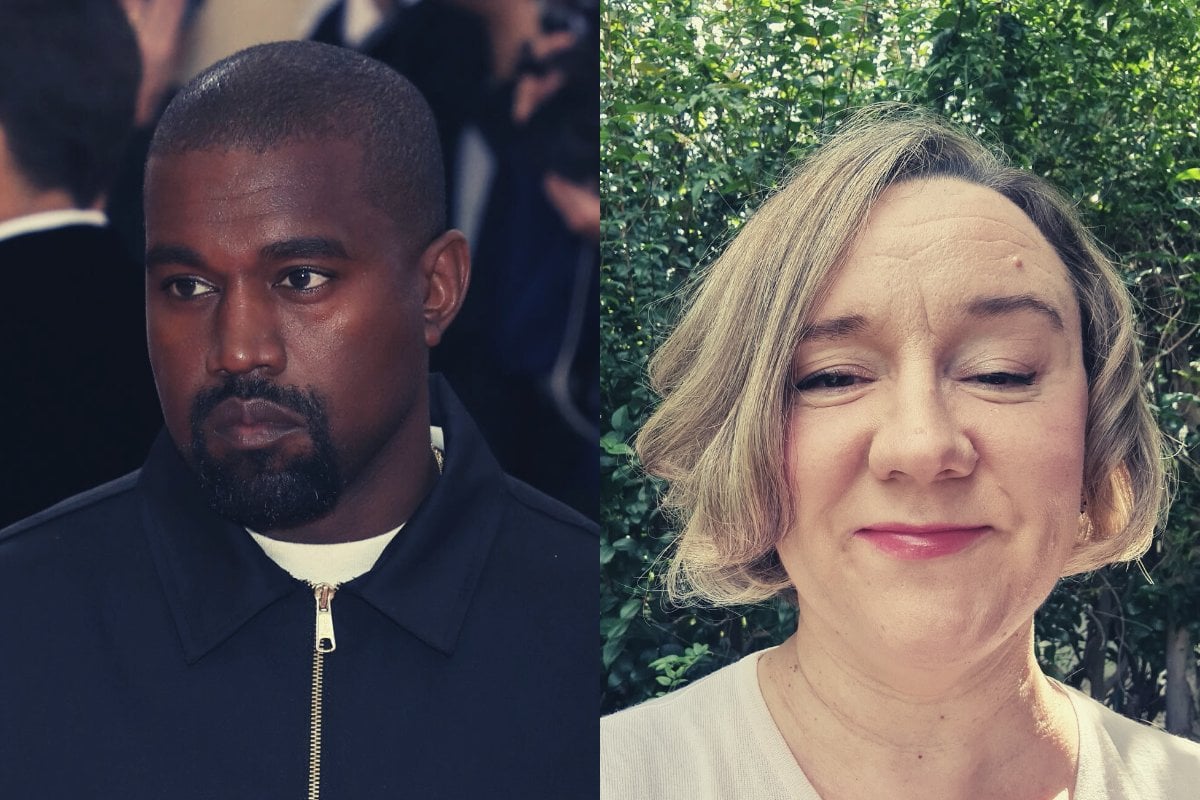
I was recently asked whether I think Kanye West’s mental illness is behind his misogyny and antisemitic comments or whether they are views he would hold and spout regardless.
For context: I have lived with bipolar 1 disorder for the last 16 years. I have also previously shared my thoughts on Kanye and his bipolar disorder in this blog post and in this article on Mamamia.
So, what do I think in 2022?
Watch: The Basics & Befriending the Beast. Post continues below.
Whenever Kanye says or does anything controversial or abhorrent, articles and comments sprout like mushrooms after rain. Most of them tend to either condemn him for his behaviour regardless of his mental illness, or they cautiously tip toe around his behaviour, because he has a mental illness.
Here's where I sit:
Our behaviour is generated by many factors including (but not limited to) our personality, our experiences, and (if we live with one) symptoms of a mental illness. Untangling everything is messy and difficult.
Yes, some symptoms of mental illness can be responsible for repugnant, even criminal behaviour. For example, infanticide as a direct result of undiagnosed, untreated postnatal psychosis.
When I have experienced postnatal psychosis (as part of bipolar disorder) I’ve survived with my family intact, because I had access to early, excellent care. But during one episode, my symptoms forced me to say I didn’t know my husband and that I hadn’t had my six-day old baby. I would never say this when I am well. And once the psychosis resolved, I was able to recognise that what I had said was delusional.

Top Comments